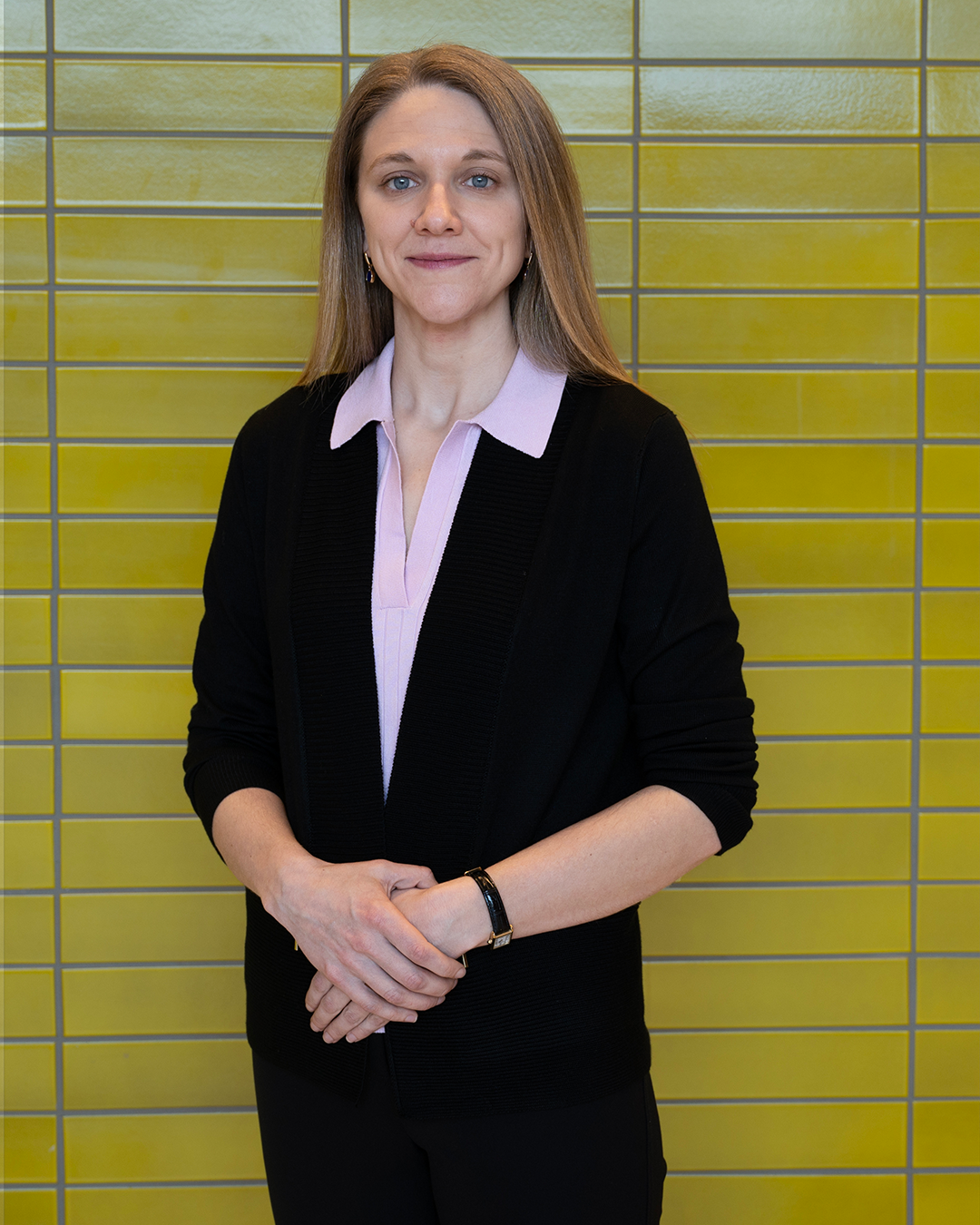Meet CNHP Alumni: Olivia Goossen, nurse anesthesia ‘21
May 5, 2023
Learn more about our nursing programs and career outcomes at CNHP from recent alumna, Olivia Goossen, CRNA, FNP-BC, APN.
 CRNA at Drexel
CRNA at Drexel
I graduated from the Nurse Anesthesia program at Drexel’s College of Nursing and Health Professions in 2021. Now, I work as the Vice Chief CRNA at Community Medical Center in Toms River, New Jersey. I also work as an adjunct professor in the Drexel CRNA program. I am currently pursuing my doctorate in Anesthesia Practice at the Middle Tennessee School of Anesthesia, with a fellowship in acute pain management.
Anyone who completes the CRNA program at Drexel knows that it is a life-changing role. I don’t know anyone who is an unhappy CRNA because it simply is the coolest job. My sole function, as a nurse-anesthesiologist, is to reduce the anxiety of my patients, to reduce their pain levels and to keep them safe. There is a lot of fulfillment in that.
On a practical level, CRNAs have strong job security. I was offered a job within four months into my program, which is pretty typical. Even if I wasn’t teaching as an adjunct professor, with my former professors as my now colleagues, I would feel comfortable reaching out to them as an alum with any questions. In my role at Drexel now, I’ve tried to carry that forward to our current students.
Future of Pain Management
The coolest part of my job is acute pain management. I want to be there for my patients and support them through their experience. In the current CRNA world, a huge focus of study is the ability to provide effective pain management that is safe and limits, or completely excludes, the application of opioids during an anesthetic case for a variety of reasons. With the ongoing opioid crisis, there are several reasons why we are interested in limiting their use, in addition to the fact that some people simply can’t tolerate the effects of opioids and need alternatives.
A current alternative is ultrasound guided regional anesthetics via peripheral nerve blockade. This alternative requires more training and more work, but the effects are really profound. We are seeing patients who are comfortable, alert and talking after their procedure. This alternative, and other multi-modal techniques are not brand new, but they are becoming more mainstream, which is exciting to see and to be a part of. As a CRNA, I want to always be on top of the latest techniques to keep my patients safe and as pain-free as possible.
Advice to CRNA Students
I may be stealing advice from Ferne Cohen, PhD, director of clinical education for the Nurse Anesthesia Program, and Lew Bennett, PhD, chair of the Department of Nurse Anesthesia, but “trust the process”. From my experience as a student in the program, there is nothing in the program that wasn’t designed in some way to get you to a desired endpoint. It’s a lot to learn, and the amount of knowledge you’re expected to retain is vast, so that can be intimidating in the beginning, but trust the process.
In addition, I would say to remember that learning is lifelong. I completed my education at Drexel, but I am still pursuing further programs, and even when these programs are complete, I will still continue to learn throughout my career. There will be new techniques that emerge in five, ten, twenty years, and yet we will have to keep up. It is our role as health care providers to adapt to these changes, so I recommend that anyone coming into this program embrace a mindset where they understand that you will always keep learning.
Early on in my career, someone said to me that for professionals who work in healthcare, your “every day” is someone’s worst day. That isn’t always true for CRNAs, as we see people for elective surgeries as well, but I think it’s important to remember that the mundane and daily for us is anything but for the patients we treat. Empathy is everything. And sometimes, the answer we need to provide to our patients isn’t a drug but simply kindness, security or reassurance. Our aim is always to keep patients safe and that is my guiding light as a CRNA, and what I encourage for incoming students.
Written by Olivia Goossen
Edited by Izzy López